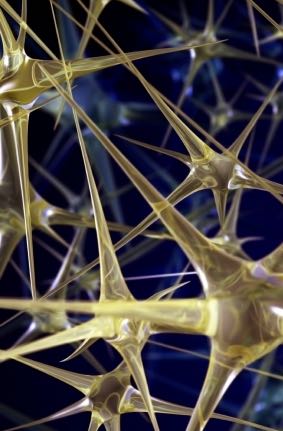Back to all publications...
Thousands of AI Authors on the Future of AI
In the largest survey of its kind, 2,778 researchers who had published in top-tier artificial intelligence (AI) venues gave predictions on the pace of AI progress and the nature and impacts of advanced AI systems The aggregate forecasts give at least a 50% chance of AI systems achieving several milestones by 2028, including autonomously constructing a payment processing site from scratch, creating a song indistinguishable from a new song by a popular musician, and autonomously downloading and fine-tuning a large language model. If science continues undisrupted, the chance of unaided machines outperforming humans in every possible task was estimated at 10% by 2027, and 50% by 2047. The latter estimate is 13 years earlier than that reached in a similar survey we conducted only one year earlier [Grace et al., 2022]. However, the chance of all human occupations becoming fully automatable was forecast to reach 10% by 2037, and 50% as late as 2116 (compared to 2164 in the 2022 survey). Most respondents expressed substantial uncertainty about the long-term value of AI progress: While 68.3% thought good outcomes from superhuman AI are more likely than bad, of these net optimists 48% gave at least a 5% chance of extremely bad outcomes such as human extinction, and 59% of net pessimists gave 5% or more to extremely good outcomes. Between 38% and 51% of respondents gave at least a 10% chance to advanced AI leading to outcomes as bad as human extinction. More than half suggested that “substantial” or “extreme” concern is warranted about six different AI-related scenarios, including misinformation, authoritarian control, and inequality. There was disagreement about whether faster or slower AI progress would be better for the future of humanity. However, there was broad agreement that research aimed at minimizing potential risks from AI systems ought to be prioritized more.
Katja Grace, Harlan Stewart, Julia Fabienne Sandkühler, Stephen Thomas, Ben Weinstein-Raun, Jan Brauner
ArXiv (2024)
[paper]

